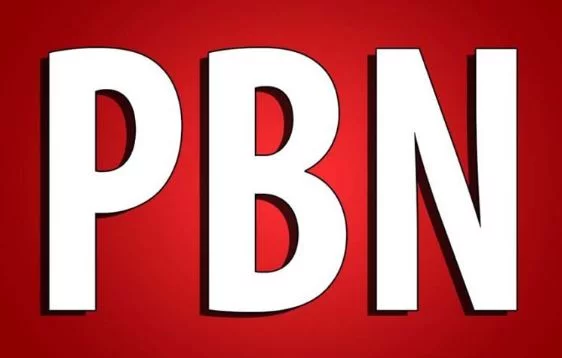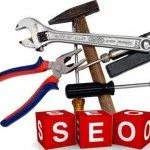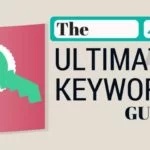If you’ve been using search engine optimization for a while now, then you know that the search landscape constantly evolves. Google never seems to stop releasing updates to their search algorithm, and no matter how disruptive some of them have been, most would agree that they have made the search results more relevant than ever. Still, it’s silly how several outdated strategies continue to be the focus of many webmasters and marketers.

If you’re doing any of these old-school off-page optimization techniques, then don’t be surprised if you suddenly get penalized by the Big G.
1) Using “rented” links
Once upon a time, many websites existed for the sole purpose of renting out links. If you’re a publisher who wants to rank your content, you can rent links from these websites to get a quick SEO boost. Before the Panda and Penguin updates, these links used to hold so much power.
They made the link “landlords” a lot of money, while the “tenants” benefited from higher rankings. While you can still rent links today, you’ll be better off without them. Do you really think Google wouldn’t be suspicious when your links suddenly disappear within a month or two?
2) Buying permanent links
Believe it or not, permanent links were considered less of a black hat tactic than rented links. The primary reason is that these links look more legitimate. Nevertheless, a paid link is still a paid link. Google frowns upon this practice. SEO Resellers Canada points out that while many online blogs sing praises about permanent links, you should never follow them. Today, it’s all about earning links naturally by establishing your brand authority.
3) Building PBNs
This one was a more recent trend. PBN stands for a private blog network, which basically refers to a collection of websites a webmaster owns to build links pointing to his or her main website. As you know, it has become so easy to build a website from scratch. And with the immense popularity of content spinners, it isn’t hard to imagine why many opted to build their own network to boost their link building strategy.

PBN links, however, are almost always low-quality, particularly if the content is spun. The same goes for micro-sites consisting of web 2.0 platforms. Panda has wiped out a ton of PBNs, so building one might only prove to be a waste of time.
4) Posting links on blogs, forums, and comments
One of the most annoying link building tactics is leaving meaningless posts on blogs and forums for the sake of creating a link. You have probably received countless spammy comments on your own blog, usually consisting of nonsense gibberish topped by a link pointing back to the spammer’s site.
Any form of automated link building is a no-no. Take note that generating links from blogs, forums, and comments can be helpful, but they must offer something of value just like the posts found on your website.
Conclusion
Links remain a powerful ranking factor, but Google has become smarter when it comes to distinguishing between low-quality and high-quality links. It’s not the most exciting thing in the world to build links to your site, but this isn’t a license to start relying on automated link building tools. A manual approach to off-page optimization is still your best bet for improving your rankings.





